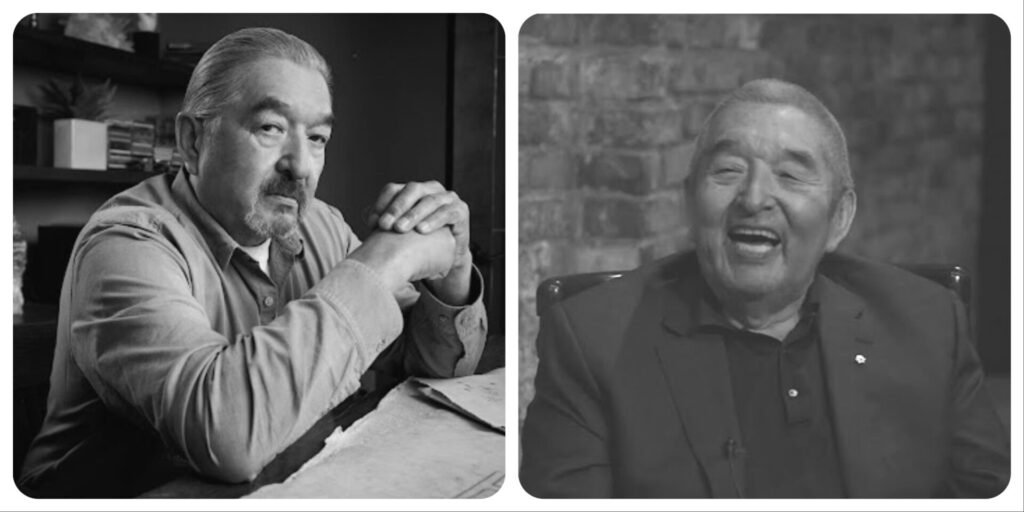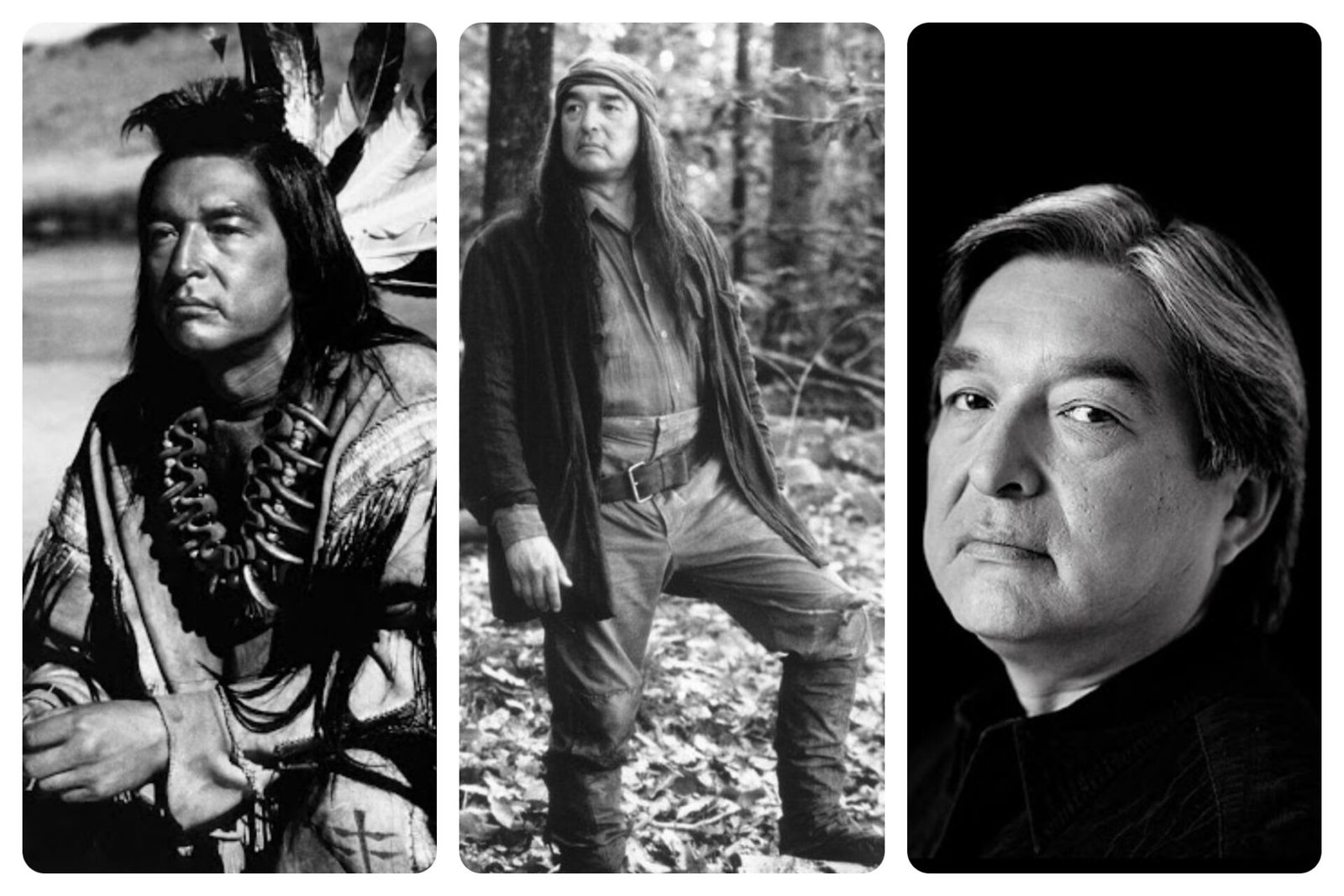Graham Greene, the Oscar-nominated First Nations actor whose quiet authority and unshakable integrity helped open Hollywood’s doors to a new generation of Indigenous talent, has died of natural causes.
Greene passed away Sept. 1 in a Toronto hospital after a long illness, his agent Michael Greene (no relation) confirmed. “He was a great man of morals, ethics and character and will be eternally missed,” his agent said in a statement.
From Stage Roots to Breakthrough Role
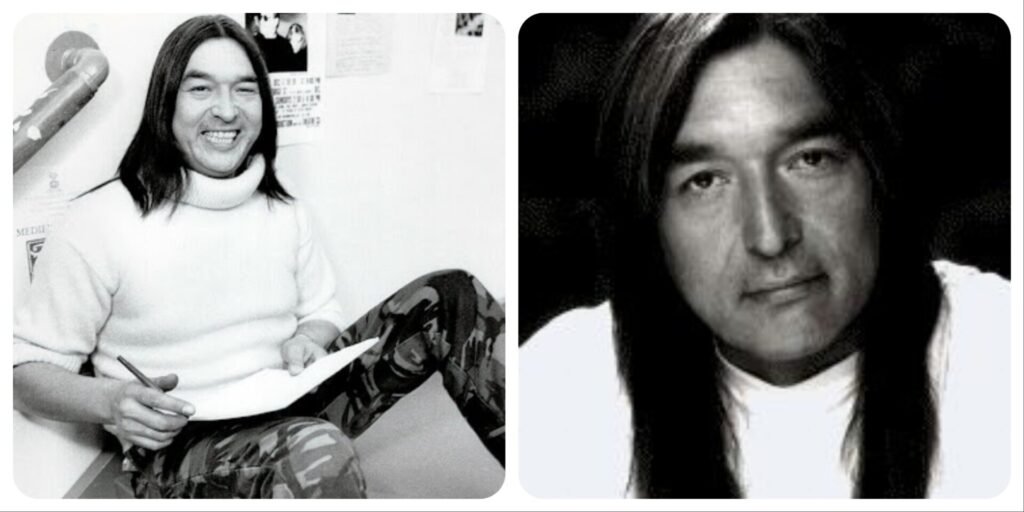
Born June 22, 1952, on Ontario’s Six Nations Reserve, Greene worked as everything from a steel worker to an audio technician before turning to acting in the 1970s. He cut his teeth in Canadian and British theater before moving into film and television, making his screen debut on CBC’s The Great Detective in 1979 and his feature bow in Running Brave (1983).
His breakout came in 1990, when Kevin Costner cast him as Kicking Bird in Dances With Wolves. The performance earned Greene an Academy Award nomination for Best Supporting Actor — a rare recognition for an Indigenous performer even today — and set the stage for a decades-long career in both studio blockbusters and independent gems.
A Hollywood Mainstay
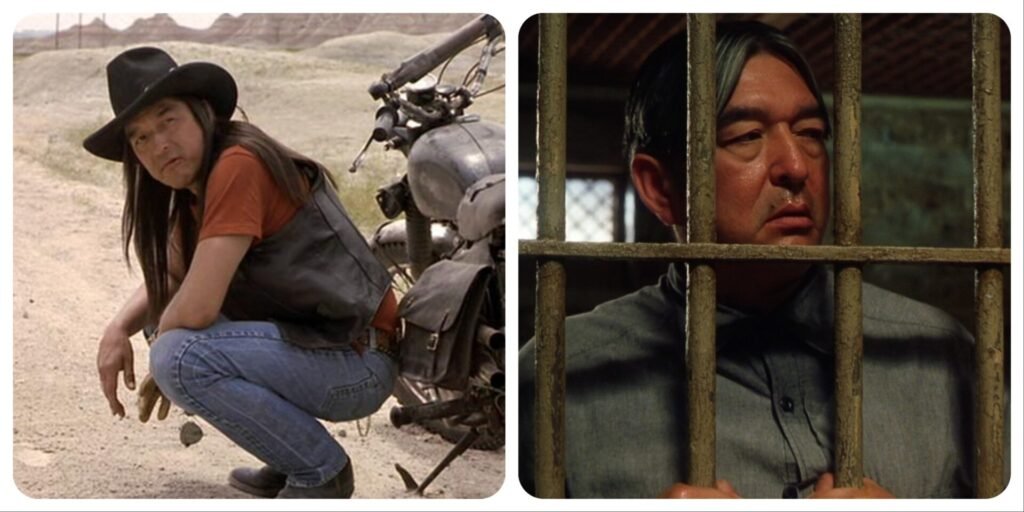
Greene’s résumé ran the gamut from prestige dramas to pop fare. He brought warmth and quiet strength to films such as Thunderheart (1992), Maverick (1994), Die Hard With a Vengeance (1995) and The Green Mile (1999). Later roles in Transamerica (2005), The Twilight Saga: New Moon (2009), Taylor Sheridan’s Wind River (2017) and Aaron Sorkin’s Molly’s Game (2017) showcased his ability to move effortlessly between intimate character work and major studio features.
On television, Greene remained a steady presence. He guested on Northern Exposure, Longmire, Goliath and Reservation Dogs, and enjoyed a late-career resurgence under Sheridan, appearing in both 1883 and Tulsa King.
Lesser-Known but Unforgettable
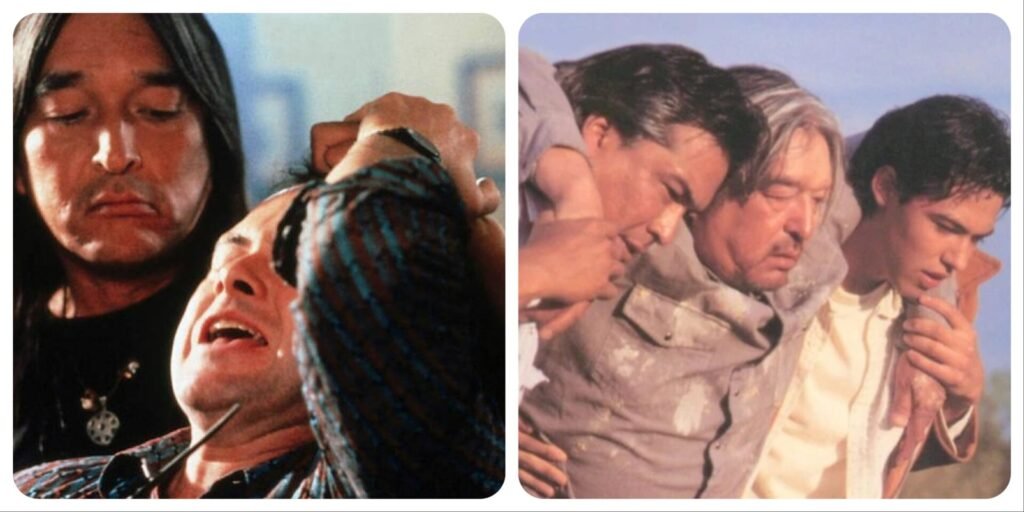
Beyond the high-profile credits, Greene’s performance in the 1991 Canadian thriller Clearcut remains a standout — a blistering turn as an Indigenous activist pushed to extremes. In Chris Eyre’s Skins (2002), Greene portrayed an alcoholic elder with empathy and depth, proving his range extended far beyond the roles Hollywood often reserved for Native actors.
Greene also lent his voice to acclaimed projects, including the blockbuster video game Red Dead Redemption 2, where he played the dignified Chief Rains Fall.
Honors and Legacy
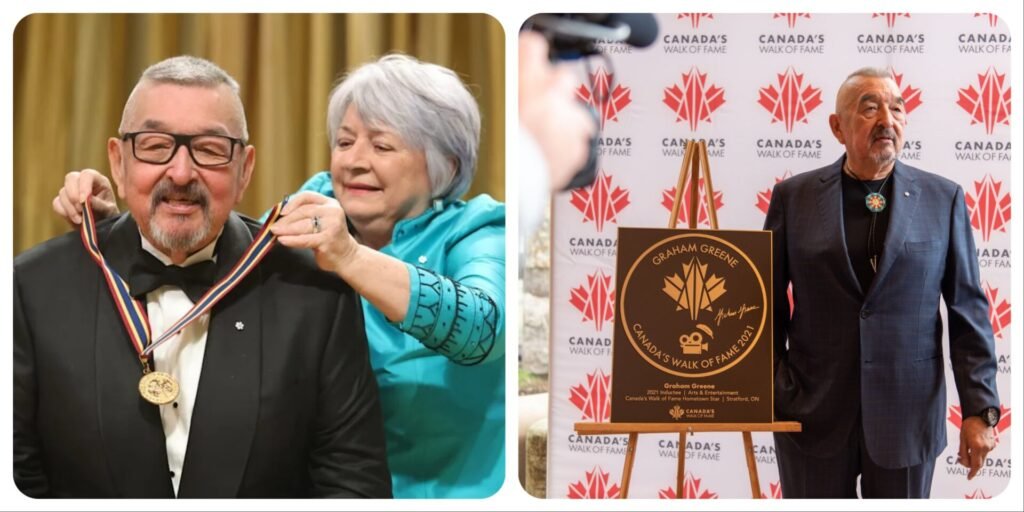
A member of the Order of Canada and recipient of the Governor General’s Performing Arts Award, Greene was recognized both at home and abroad for his trailblazing work. He won a Grammy Award for Best Spoken Word Album for Children and remained an outspoken advocate for Indigenous representation.
Greene frequently spoke of the early days, when casting directors doubted Indigenous actors could play fully realized characters. “Producers would say, ‘I can’t see an Indian being that,’” Greene recalled in an interview. “Don’t let it get to you. Just go. Move on.”
More Works To Come

At the time of his passing, Greene had recently wrapped work on the Joel Kinnaman–led thriller Ice Fall.
He is survived by his wife of more than 30 years, Hilary Blackmore, their daughter Lilly Lazare-Greene and grandson Tarlo.
For Greene, the work was always about more than just screen time. In bringing depth, dignity and complexity to every role — whether a few minutes on screen or a film’s beating heart — he helped the way Hollywood saw Indigenous performers.
